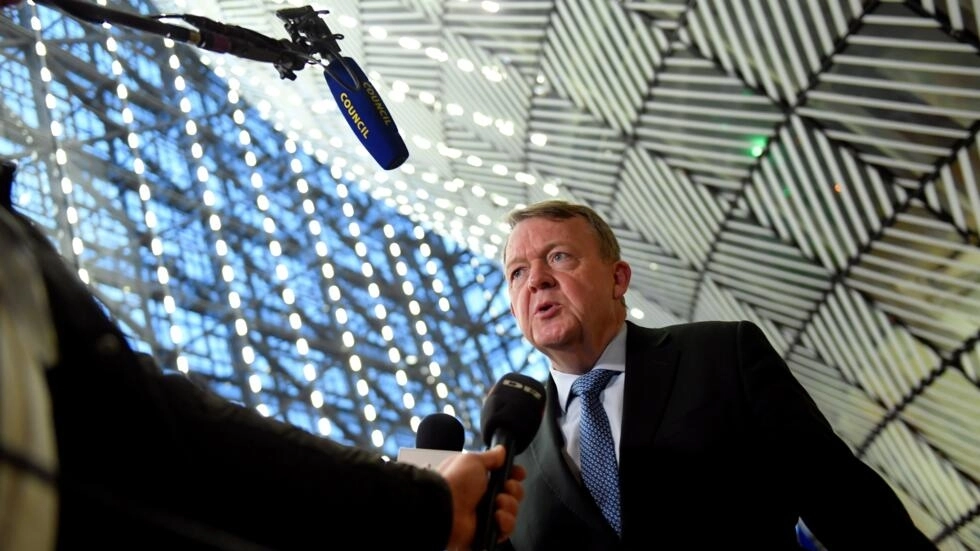The countries of the European Union (EU) and the United Kingdom included on Monday more than 40 Iranian officials and organizations in their lists of sanctions, as a result of the repression of the protests that shake the country, said concurring sources.
The EU Sanctioned 37 Officials And Organizations of The Islamic Republic
The EU sanctioned 37 officials and organizations of the Islamic republic. It is the fourth round of EU sanctions against Iran, and was adopted during a meeting of the European foreign ministers in Brussels.
The list of the new sanctions, published in the Official Gazette of the EU, includes the Minister of Sports and Youth, Seyed Hamid Sajjadi Hazaveh, and two directors of Iranian radio and television.
Four deputies and four regional commanders of the Guardians of the Revolution were also included in the sanctioned list.
The EU has already sanctioned more than 60 Iranian officials and organizations for the repression of protests that erupted after the death of a young woman in police custody for failing to comply with the strict dress code.
Among those sanctioned are senior officials and the Tehran morality police, commanders of the Revolutionary Guards Corps and state media.
However, for now the EU member countries have not decided to classify the Revolutionary Guards as a terrorist group, despite calls made by Germany and the Netherlands.
The Iranian government has already warned the EU against such a possibility.
This Monday, the head of EU diplomacy, Josep Borrell, said that before adopting this determination, there must be a legal ruling in one of the bloc’s states.
“We cannot say: ‘I consider you a terrorist because I don’t like you.’ That can be done when a court of a member state issues a legal declaration, a concrete sentence,” he explained.
For its part, the United Kingdom sanctioned five more people, including Iranian Deputy Attorney General Ahmad Fazelian.
According to the British government, the deputy prosecutor is responsible for “a judicial system characterized by unfair trials and disproportionate punishment, including the use of the death penalty for political reasons.”
“Alireza Akbari was a tragic victim of this brutal system,” London added, referring to the British-Iranian executed on January 14 after being found guilty of spying for Britain’s intelligence services.
Among the others sanctioned this Monday are Kiyumars Heidari, commander-in-chief of the Iranian Army, and Hosein Nejat, a person in charge of the Guardians of the Revolution in charge of security in Tehran.
“Those sanctioned today … are at the heart of the regime’s brutal repression of the Iranian people,” British Foreign Secretary James Cleverly said.
This article is originally published on rfi.fr

